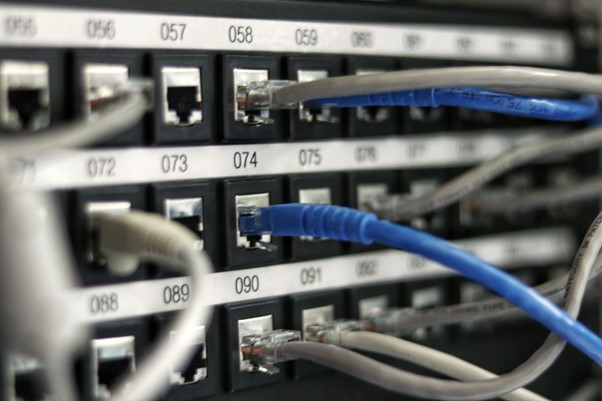Fast, stable internet is crucial for anyone living in the 21st century. Whether you’re working from home, streaming movies, or just browsing the web, a high-speed connection is a must. You also landed on this blog because you have an internet connection. Of course, just like everything else, people believe a lot of myths about high-speed internet.
If you’re up for a quick, fun reading, then check out the biggest myths about high-speed internet many people have believed for many years. Let’s debunk some of those myths!
Table of Contents
1. The Higher the Speed, the More Expensive Your Internet Is
This myth isn’t really a myth from years ago because it used to be true a long time ago. In the early days of high-speed internet, the providers would offer a limited number of speeds, and the highest speed was always the most expensive. Nowadays, most internet providers have a variety of speed tiers at different price points. You can find an affordable option that meets your needs without breaking the bank. Of course, with continuous technological advancements, we can now enjoy faster speeds without spending a lot.
2. You Need a Phone Line to Get Fast Internet
Nope! This was true in the past, but it’s no longer the case. You can get high-speed internet without a phone line. In fact, many people are ditching their home phone lines in favor of VOIP (Voice Over Internet Protocol) service, which uses your high-speed internet connection to make and receive calls.
3. Bad Weather Means a Bad Internet Connection
This myth is partly true and false because it depends on the type of home internet you have. For example, if you have satellite internet, there’s a big chance that bad weather will affect your connection. It’s because of the nature of satellite dishes, which can easily be obstructed by mountains, trees, and tree foliage.
But if you have cable or fiber internet, then it’s a big no. Your internet connection won’t be affected by a little rain or snow. In fact, most providers today offer fiber optic cables that are buried underground, so they’re not susceptible to bad weather conditions.
4. More Connected Users Mean Slower Speeds
This is another myth that’s only partly true. If we’re talking about dial-up years, then it’s definitely true. But with the technology we have right now, it all depends on your internet plan and service provider. If you have a good connection and provider, then your speeds shouldn’t be affected by how many people are connected to your network. But if you have a limited data plan or a slow internet connection, then more users will definitely affect your speeds.
5. 5G Technology Is Harmful to Humans
This is a complete myth with zero evidence to support it. 5G technology is the latest and greatest in wireless internet, and it offers faster speeds and more stable connections. It’s also been proven to be safe for humans. This high-speed internet is one of the biggest breakthroughs in the industry, and researchers say that a person’s average exposure to 5G is not enough to make them sick or kill anyone.
6. Purchasing a New Router Can Increase Internet Speeds
A new router can help if your old one is outdated or not compatible with your current internet speeds. But if you have a good router that’s less than a few years old, then it shouldn’t affect your speeds. In most cases, the problem lies in your internet connection or service, not your router.
You have to keep in mind that routers and modems do not influence your internet speeds. Their function is to process data and provide a connection between your devices and the internet.
7. Clearing the Cache Can Instantly Boost Internet Speeds
No, no, no. Clearing the cache can help improve your computer’s performance, such as fixing website issues and making more space, but it doesn’t improve your internet speed. Your computer stores data in the form of temporary files, or cache, to help load websites and apps faster. But once that data is stored, it doesn’t need to be accessed again unless there’s an update. So, unless you’re having issues with a website or app, there’s no need to clear your cache.
Final Thoughts
Hopefully, this article has helped clear up some myths about the internet. There are a lot of misconceptions out there, and it’s important to be informed about the truth. Now that you know the facts, you can enjoy faster speeds without spending a lot.








